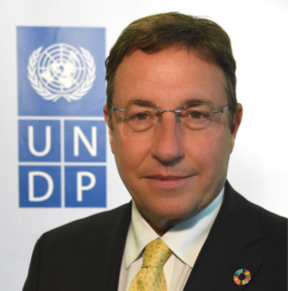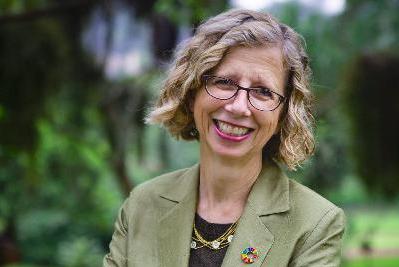
Paraguay, a landlocked country of 7 million people, is home to much of the Gran Chaco forest, which is considered the second largest forested landscape in South America — second only to the Amazon rainforest. And like other countries which are home to the great forests of South America, Paraguay too battled raging wildfires in 2019.
But Paraguay’s portion of the Chaco forest is battling an even bigger challenge. This unique ecosystem, characterized by scrub forests, grassy plains, lagoons, marshes and jungles, is under threat from agricultural expansion driven by cattle and soy production. The region has one of the highest rates of deforestation in the world.
NASA satellites have highlighted that between 1987 and 2012, almost nearly 44,000 square kilometres of forests were lost in Paraguay by conversion to farmland or grazing land, an area roughly the size of Honduras.
The scale of that destruction is both frightening and untenable.
Paraguay is engaged in REDD+ (Reducing Emissions from Deforestation and forest Degradation), a voluntary process under the U.N. Framework Convention on Climate Change, which encourages developing countries to contribute to climate change mitigation efforts by reducing greenhouse gas emissions from deforestation and forest degradation.
Read the full story on UN-REDD.
We want you to share Forests News content, which is licensed under Creative Commons Attribution-NonCommercial-ShareAlike 4.0 International (CC BY-NC-SA 4.0). This means you are free to redistribute our material for non-commercial purposes. All we ask is that you give Forests News appropriate credit and link to the original Forests News content, indicate if changes were made, and distribute your contributions under the same Creative Commons license. You must notify Forests News if you repost, reprint or reuse our materials by contacting forestsnews@cifor-icraf.org.














